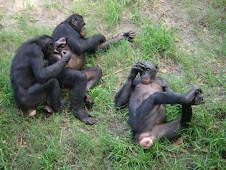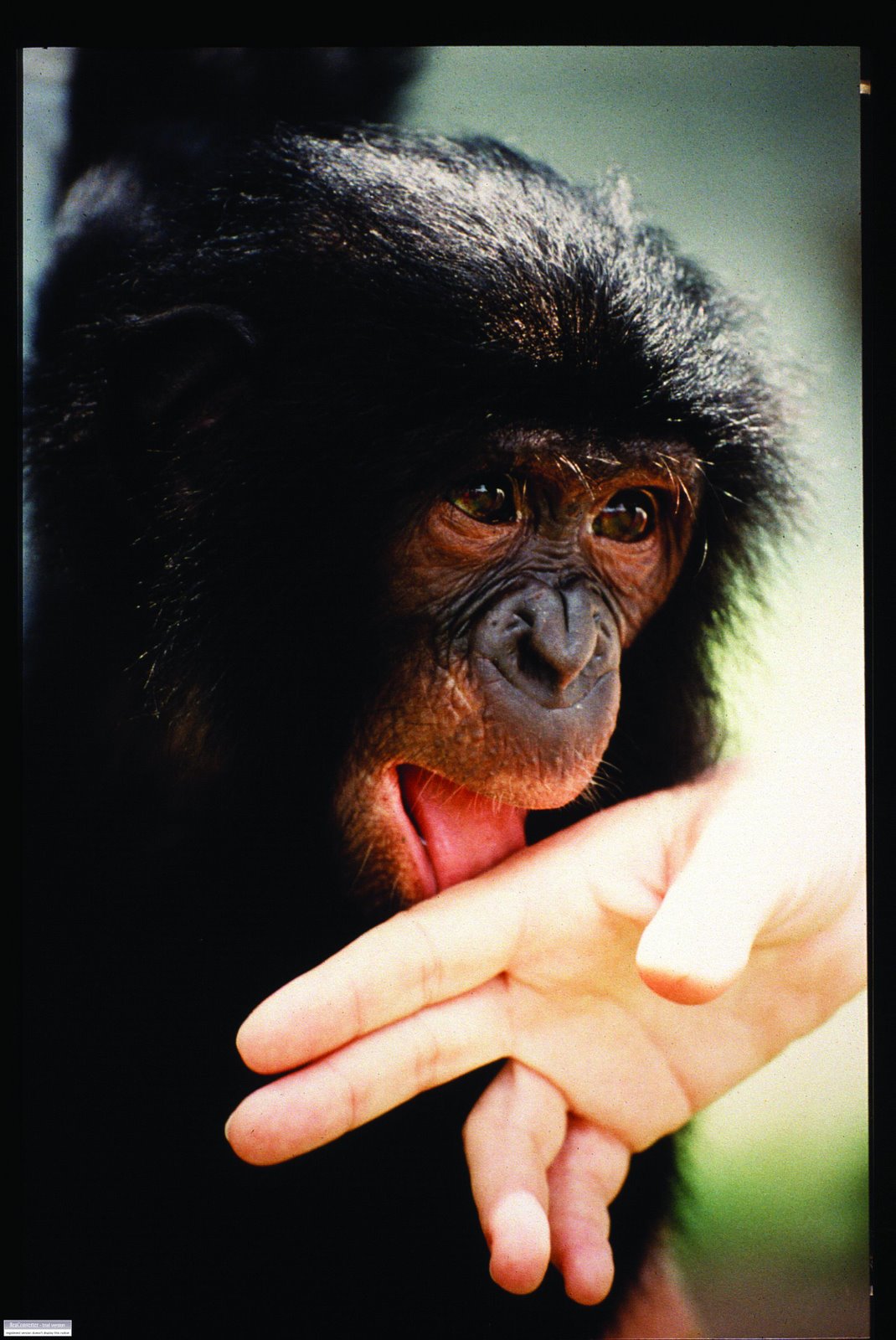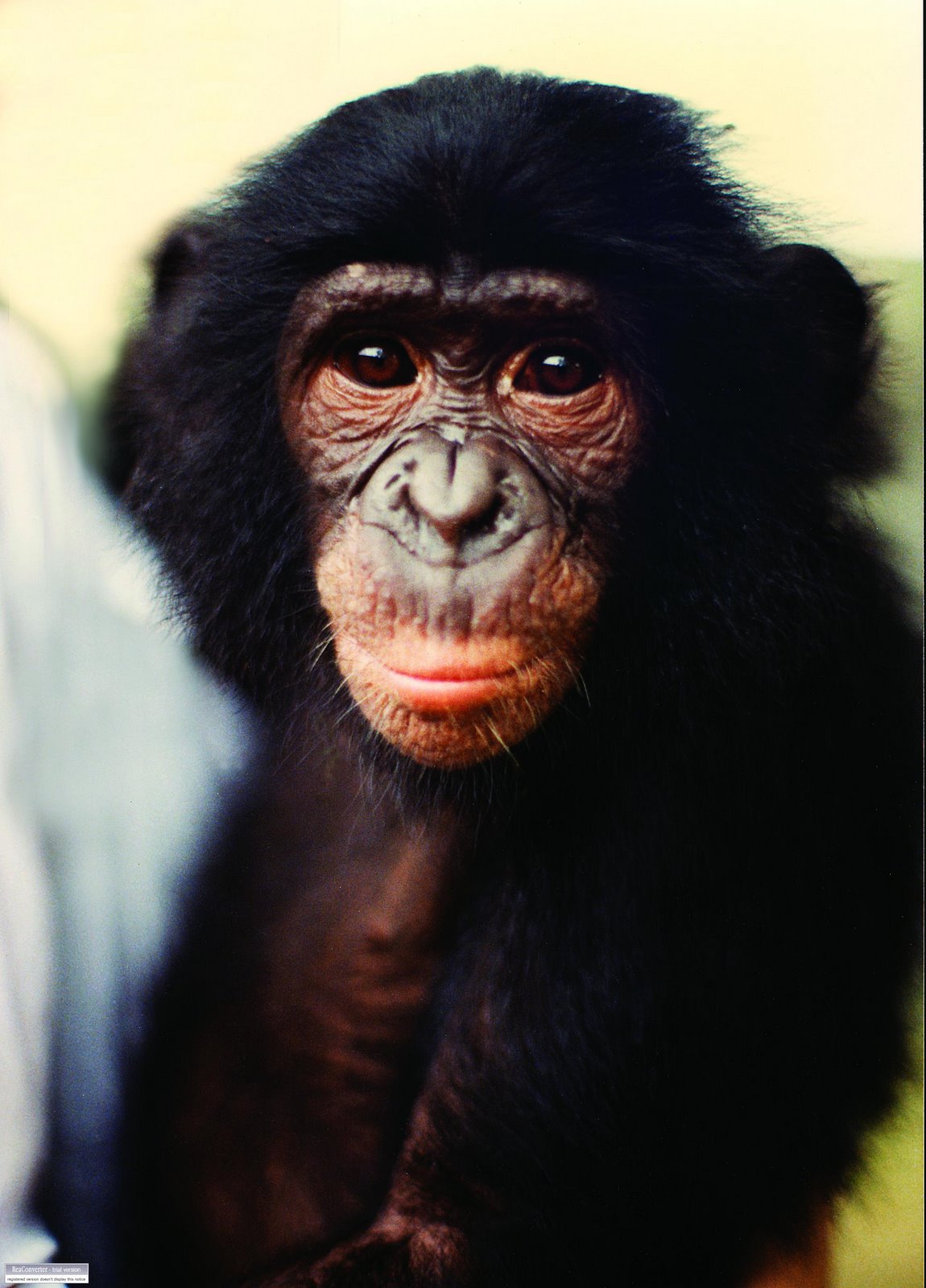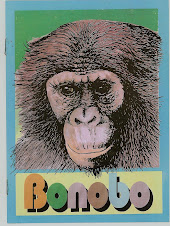
 These two pages were taken from a pamphlet created for the New York Zoological Society, for a gorilla survey being conducted by Jeff Hall, in Eastern Zaire (now the Democratic of the Congo). It was printed in Kinshasa in Swahili, using only two colors (black and green). The shading effect that gave depth to the artwork was done using dotted screens (Kizito and I learned this technique, by trial and error.) The text was typed over and over, to make the words fit on the plastic overlay template that was attached to the artwork.
These two pages were taken from a pamphlet created for the New York Zoological Society, for a gorilla survey being conducted by Jeff Hall, in Eastern Zaire (now the Democratic of the Congo). It was printed in Kinshasa in Swahili, using only two colors (black and green). The shading effect that gave depth to the artwork was done using dotted screens (Kizito and I learned this technique, by trial and error.) The text was typed over and over, to make the words fit on the plastic overlay template that was attached to the artwork.The description on the gorilla explains the foods eaten, the family life, and behaviors. For the elephant, we chose to discuss the growth and fertilization of seedlings in elephant manure, as this was a tangible benefit for the forest, and by consequence, to local peoples. The elephant was said to be a "doctor" because of its effect on the health of the forest ecosystem, by planting trees, by creating ponds and clearings, and by making trails that other animals use.
Our visual joke was a pile of elephant dung, with a young plant saying, "Thank you, forest doctor!"












No comments:
Post a Comment